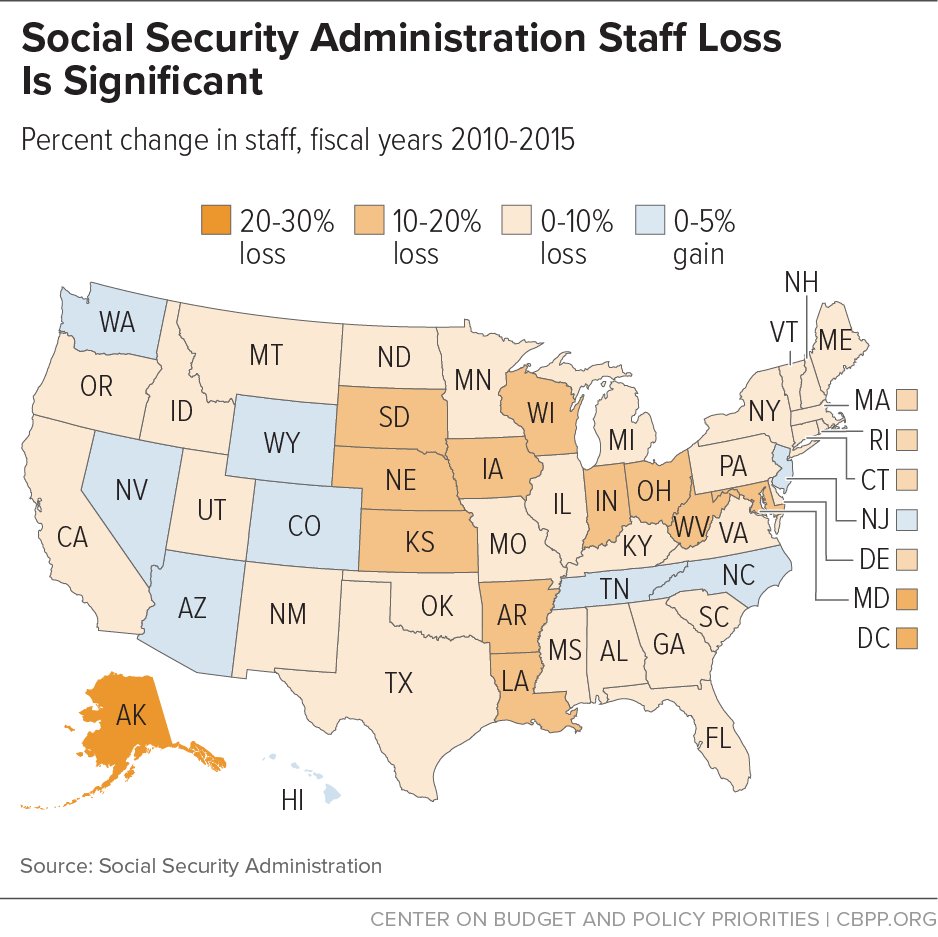The Senate Special Committee on Aging held a hearing yesterday on Maximizing Your Social Security Benefits: What You Need to Know. A group of wealthy Senators were wondering why everyone doesn't wait until age 70 to claim their Social Security retirement benefits. Since there's a delayed retirement credit to encourage people to wait, the Senators figure it must be lack of information keeping people from waiting. There definitely is a lack of information. It's a longstanding frustration for me that most people think that Social Security is simple. No, it isn't. No program that pays benefits in many different categories to tens of millions of people could possibly be simple. Even when you try to tell people about the rules that affect them personally, their eyes start glazing over almost immediately. However, the real reason that people claim benefits earlier than some wealthy people think they should is economic necessity. Most people aren't wealthy like these Senators. They don't have the resources to survive more than a few months after retirement without Social Security.
Not that it matters to many people but the math on the delayed retirement credit isn't as wonderful as it's cracked up to be. You get 8% more a year for each year that you delay taking Social Security benefits but that's not compounded and it has to be stacked against the facts that you don't get paid Social Security for the years you waited and that you may die before any theoretical breakeven point or even before drawing Social Security retirement benefits at all. Even if you survive long enough, is it irrational to want to take the money when you're still young enough to be able to do something with it? Life is short. Eating dessert first may not always be a bad idea.

